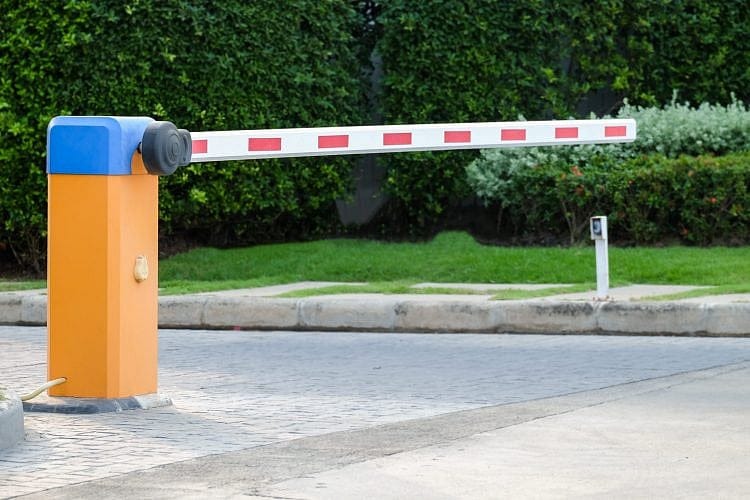News

Officials Explain Logic Behind Beach Lot Bans

Want to go to a beach in Massachusetts?
It's not as simple as it was before the coronavirus pandemic broke out in Massachusetts.
